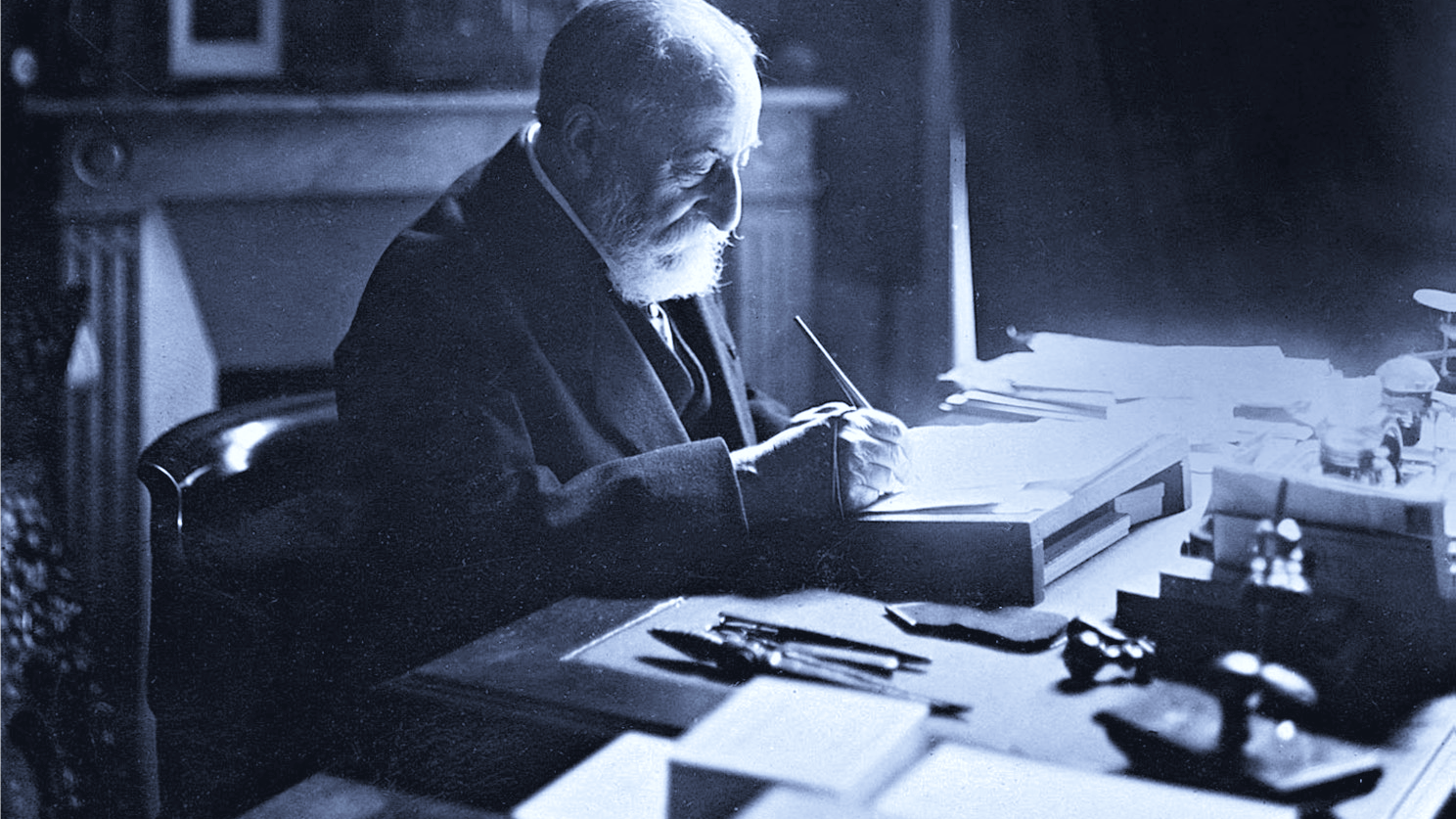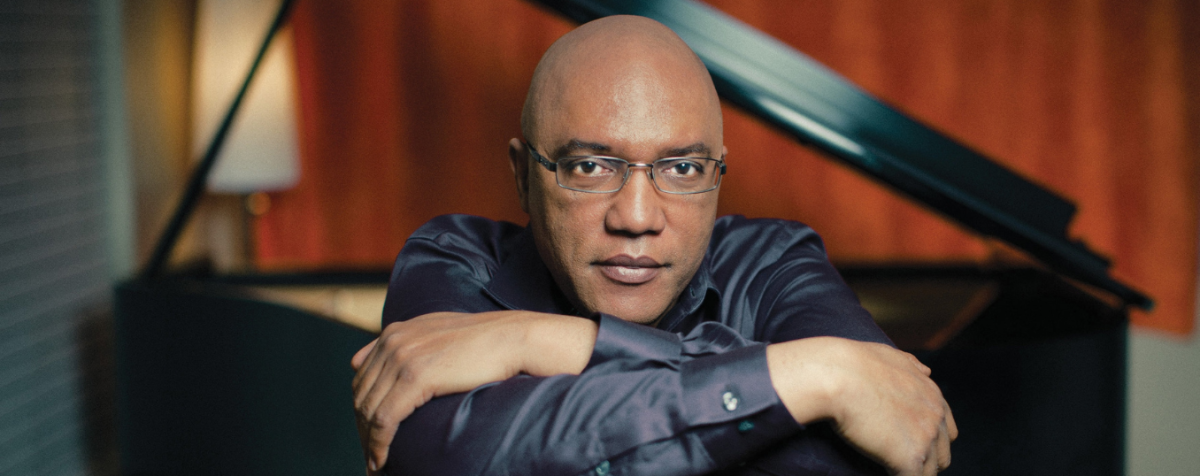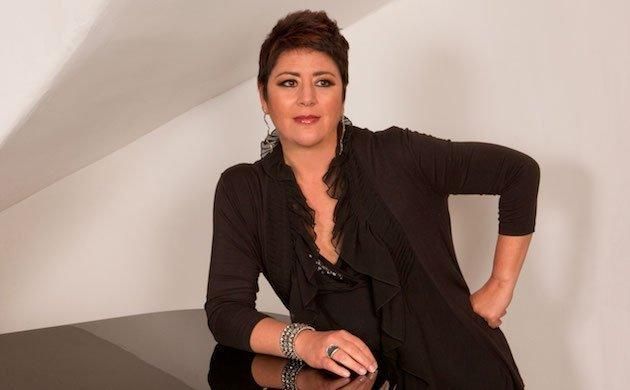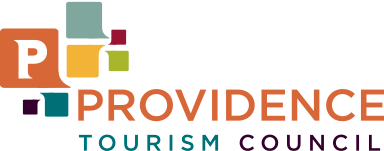401.248.7070 | 667 Waterman Avenue, East Providence, RI 02914
MEET THE CONDUCTOR: Christine Noel
Christine Noel conducts HANDEL'S MESSIAH
December 15 at 3PM
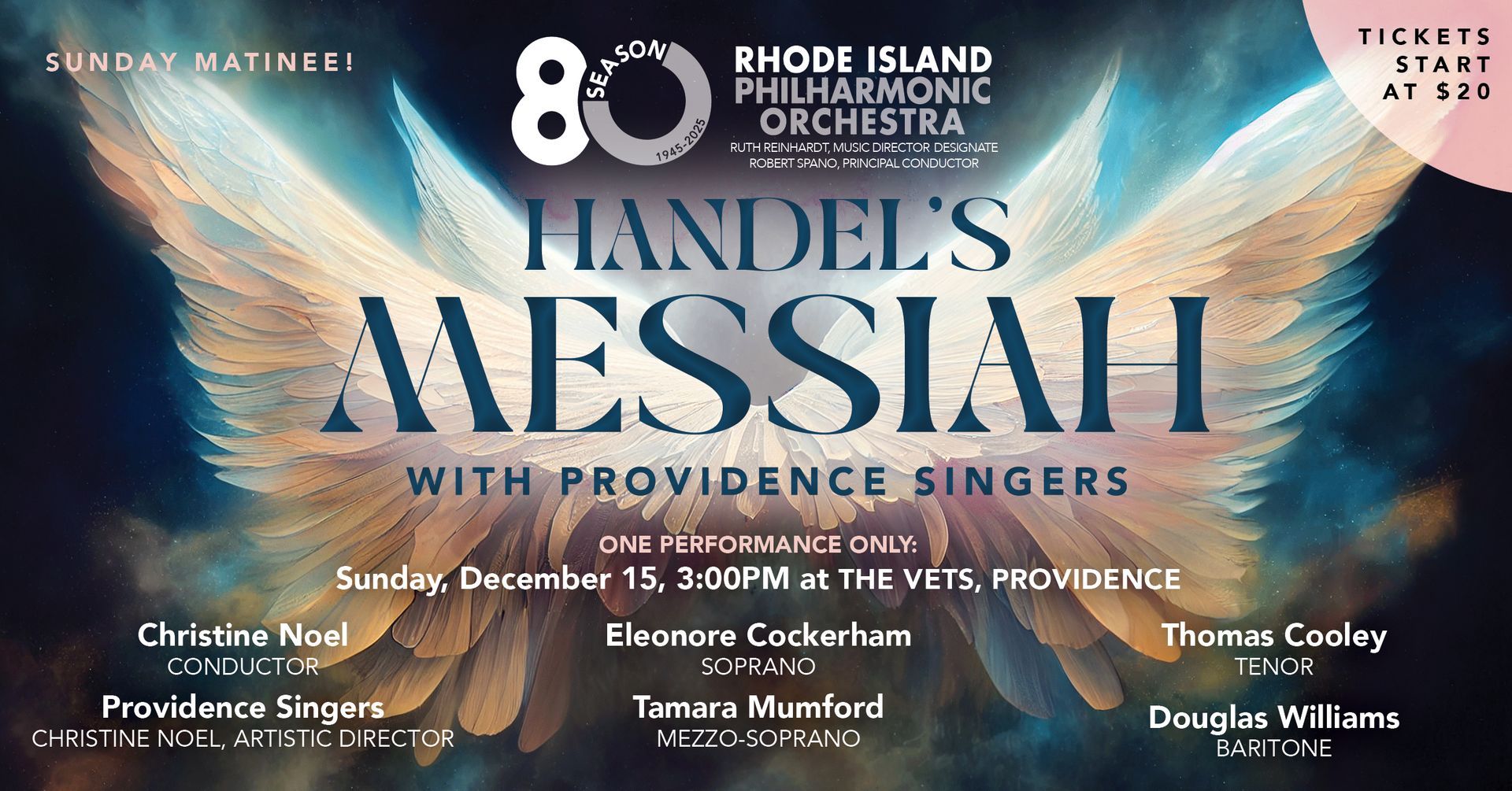
Background:
Christine Noel, Artistic Director of the Providence Singers, has conducted several annual performances of
Messiah
at The VETS. For 19 years, she has treasured a rich partnership with the Rhode Island Philharmonic, and, especially, collaborations with the late conductors Bramwell Tovey and Larry Rachleff. As Artistic Director of the Providence Singers, she has led the chorus through world premieres, commissions, and the organization’s fourth commercial recording – Dan Forrest’s
Requiem for the Living. Praised for her “thoughtful leadership,” “elegant conducting,” and “attention to musical detail,” Dr. Noel’s work has impacted and influenced emerging musicians, many of whom have pursued advanced careers in music.
She has served on the music faculty and as Director of Choral Activities at Clark University, Worcester, MA, and as musical director at Trinity Repertory Company. Dr. Noel is the Founding Artistic Director of the Rhode Island Children’s Chorus (RICC), an award-winning choral organization for youth ages seven to 18. RICC recently celebrated its 22nd anniversary and has been featured at conventions of the American Choral Directors Association and the National Association for Music Education. RICC has also performed at Carnegie Hall and other notable venues throughout the eastern United States.
In demand as a guest conductor, clinician, and master teacher, Dr. Noel has conducted choral/orchestral works in the United States and abroad. She holds a Master of Music and a Doctor of Musical Arts in conducting from Boston University, where she studied with Ann Howard Jones and David Hoose. She also holds an undergraduate degree in Music Education from Rhode Island College, where she was the recipient of a Ridgway Shinn Fellowship for a year of study at the Kodály Institute of Music in Kecskemét, Hungary. Passionate about language study, she resided in Florence, Italy for two years, where she completed the superior level of Italian studies at the University of Florence and served as Assistant Conductor for two Italian choral ensembles.
Getting Personal with Handel’s Messiah:
An interview with Christine Noel
What was your first experience with Handel’s
Messiah?
I remember it vividly. At age 15, my music teacher invited me to a performance of
Messiah
in Worcester. I had studied several of the soprano arias and had heard recordings of the choral movements, but this was my first time attending a classical concert. It was a transformative life experience. Beyond the thrill of hearing the music live, it’s what first sparked my interest in conducting. Somewhere around “The Trumpet Shall Sound,” I remember thinking “I hope I’ll conduct this piece someday.”
When was the first time you ever conducted it?
I first conducted
Messiah
at Clark University, 15 years ago. This was a performance of the Clark Choirs, students from Worcester Polytechnic Institute and a professional orchestra. It was an exhilarating and full-circle experience to lead my first
Messiah
performance in Worcester (!) 17 years after first hearing the piece.
Why do you think
Messiah
is such a perennial favorite?
Indeed,
Messiah
is one of the most beloved pieces in the choral-orchestral repertoire, and for more reasons than I can list. Although the music is substantive, there is an element of "appeal upon first hearing," which makes it memorable to the masses, including those who don’t typically attend classical music performances. The musical brilliance, which includes virtuosic demands of soloists, chorus, and orchestra, captivates audiences and contrasts with the lyrical sections. Handel was a master storyteller and wrote highly expressive music, vividly depicting and conveying the drama. There are also iconic, well-known choruses and arias, such as the “Hallelujah Chorus,” “The Trumpet Shall Sound,” “Rejoice Greatly,” and others which audiences recognize and love.
In addition, people like tradition. Like A Christmas Carol and The Nutcracker, many audience members attend annual performances of Messiah because it’s become a seasonal family outing. I’m grateful that we're able to offer that to Rhode Island audiences.
How do you keep such a well-known piece sounding fresh and new?
Having different soloists each year automatically builds in variety from previous seasons, as they bring different tempi, interpretations, ornamentation, and drama to their solos. In terms of overall presentation, there have been seasons where I’ve opted for lighter textures, with a more lean, transparent approach from the orchestra and chorus. During those seasons I’ve selected soloists who specialize in early music. In other years, we’ve had a more modern approach with vocal production, while still maintaining Baroque articulation and style. Each year, I hope to offer an inspiring reading of the work with tempi and pacing that best serve the narrative arc.
Handel was a man of the theater. Do you do anything as a conductor to deliberately help tell the story or develop its characters?
Part of Handel’s success in creating such dramatic music was his use of contrast. Where dynamics are written, we do our best to bring them out. He also made vivid use of text painting. We offer thoughtful underscoring of the text painting in our performances to ensure the effect comes through to the audience. Examples include decaying the sound to reflect the sheep “going astray,” or employing strict, hammered articulation on the text “and with his stripes,” and a gentle legato on “we are healed.”
Pacing (including between movements) is an important consideration with regard to telling the overall story. This is always given careful thought after first hearing the soloists’ interpretations and how I will connect their material within the piece.
Has your relationship to
Messiah
changed over time?
It has, on a personal/spiritual level. It’s hard to put into words, for example, the transcendent, almost “out of body” experience of arriving at the beginning of “Worthy is the Lamb.” It happens each time I conduct the piece, and it’s a rare gift I know I’ll remember at the end of my life.
Musically, I now have most of the piece memorized, and that’s a liberating feeling.
INTERVIEW BY JAMIE ALLEN © 2024. ALL RIGHTS RESERVED.
Tickets start at $20! Click HERE or call 401-248-7000 to purchase today!
Latest News ➤
Support The Rhode Island Philharmonic Orchestra & Music School
The Rhode Island Philharmonic is funded in part by a grant from the Rhode Island State Council on the Arts, through an appropriation by the Rhode Island General Assembly, a grant from the National Endowment for the Arts and private funders. Financial support is also provided by the Providence Tourism Council.
CONTACT US
Main: 401.248.7070
Box Office: 401.248.7000
Music School: 401.248.7001
Fax:
401.248.7071
Email:
info@riphil.org
Orchestra
MUSIC SCHOOL
Rhode Island Philharmonic Orchestra & Music School | 667 Waterman Avenue, East Providence, RI 02914.
All Rights Reserved | Rhode Island Philharmonic Orchestra & Music School.
